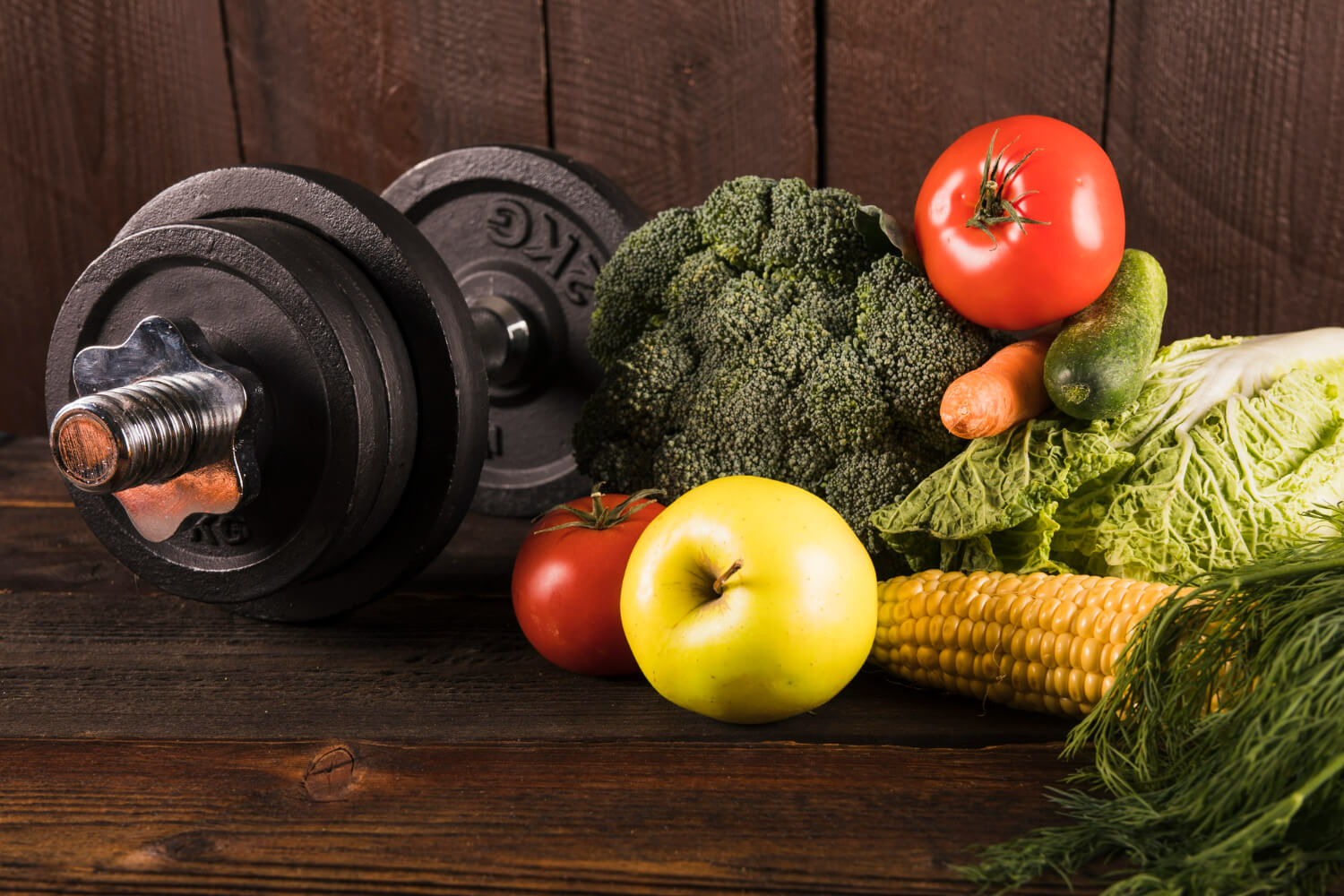
Staying hydrated is one of the simplest yet most crucial aspects of maintaining overall health and fitness. Water plays a vital role in almost every bodily function, from regulating temperature to transporting nutrients. Yet, many people struggle to drink enough water throughout the day. In this blog, we’ll dive into why hydration is essential, how much water you really need, and practical tips to help you stay hydrated.

Water is essential for nearly every function in the human body. It helps regulate body temperature, supports digestion, lubricates joints, and aids in transporting oxygen and nutrients to cells. Proper hydration is also crucial for cognitive function, energy levels, and physical performance. Even mild dehydration can lead to fatigue, headaches, and reduced concentration.
For athletes and fitness enthusiasts, staying hydrated is even more important. Water helps maintain endurance, improves recovery, and prevents cramps and muscle fatigue. Whether you’re working out in the gym or just going about
your day, drinking enough water ensures your body functions at its best.
The amount of water you need depends on several factors, including your age, gender, weight, activity level, and climate. A common guideline is to drink 8 cups (64 ounces) of water a day, but this isn’t a one-size-fits-all recommendation.
This total includes all fluids consumed, not just water. It’s also important to adjust your intake based on factors such as exercise, hot weather, and illness, which can increase your water needs.
If you’re not getting enough water, your body will give you signs. Some
common symptoms of dehydration include:
More severe dehydration can lead to confusion, rapid heartbeat, and fainting. Paying attention to these signals is key to preventing dehydration before it affects your health.
When you’re exercising, especially in hot or humid conditions, your body loses more water through sweat. It’s crucial to drink water before, during, and after exercise to replenish these losses. A good rule of thumb is to drink:
For longer workouts, you may also need to replenish electrolytes (like sodium and potassium), which are lost through sweat. Sports drinks or electrolyte tablets can help with this.
Drinking water isn’t the only way to stay hydrated—many foods are high in water content and can contribute to your daily hydration needs. Some of the best hydrating foods include:
Incorporating these foods into your meals and snacks can help boost your water intake without feeling like you’re constantly sipping on water.
If you find it difficult to drink enough water throughout the day, these tips can help you stay on track:
Proper hydration can also support weight loss. Sometimes, feelings of hunger are actually a sign of dehydration. Drinking water before meals can help you feel full and prevent overeating. Additionally, water helps boost metabolism and aids in digestion, making it easier for your body to process and burn calories efficiently.
While staying hydrated is important, it’s also possible to drink too much water, leading to a condition called hyponatremia. This happens when the body’s sodium levels become diluted, which can be dangerous. It’s rare but most common among endurance athletes. To avoid overhydration, listen to your body and drink water consistently throughout the day rather than consuming large amounts at once.
Hydration is a cornerstone of good health, fitness, and overall well-being. By making small adjustments to your daily routine, you can ensure that you’re drinking enough water and staying hydrated. Remember, hydration isn’t just about how much water you drink—it’s about maintaining a balance that supports your body’s needs.
Follow us on Instagram for more hydration tips and healthy living inspiration:
@proultimategyms_official, @ultimategymsolutions, and
@proultimateacademy.